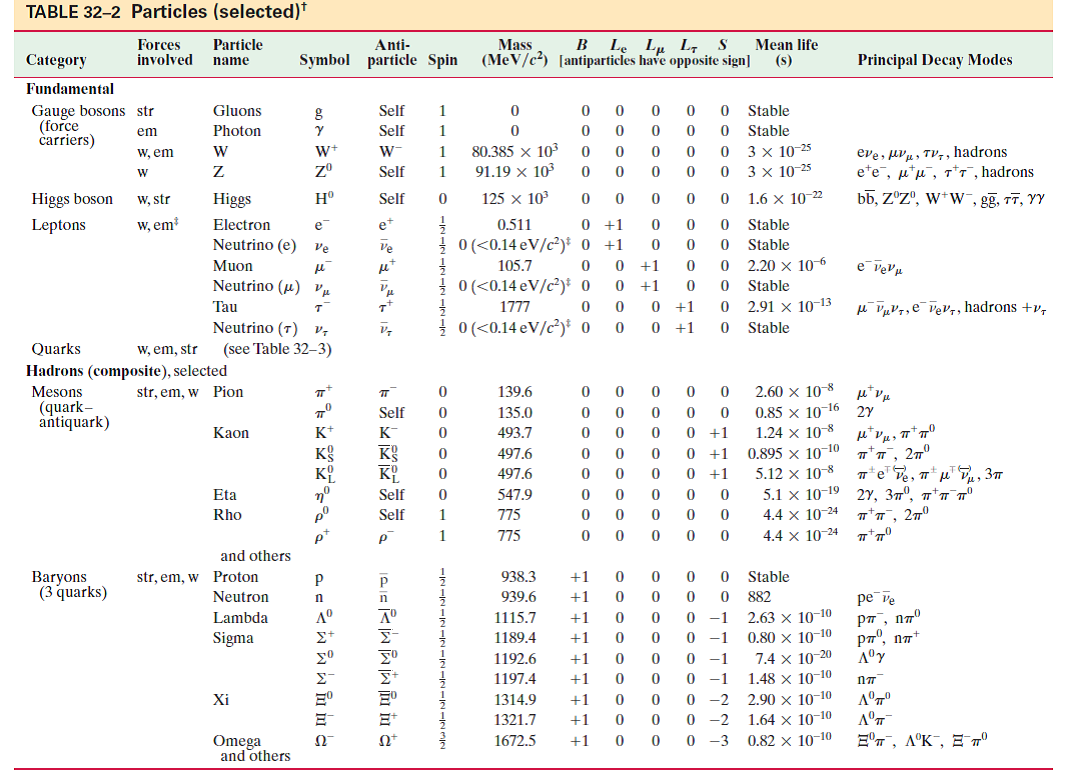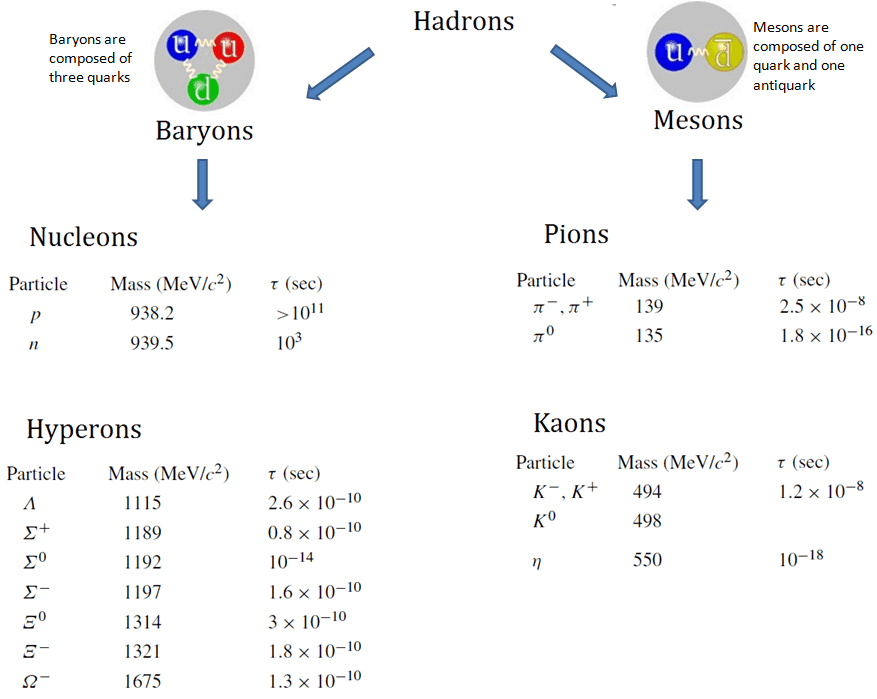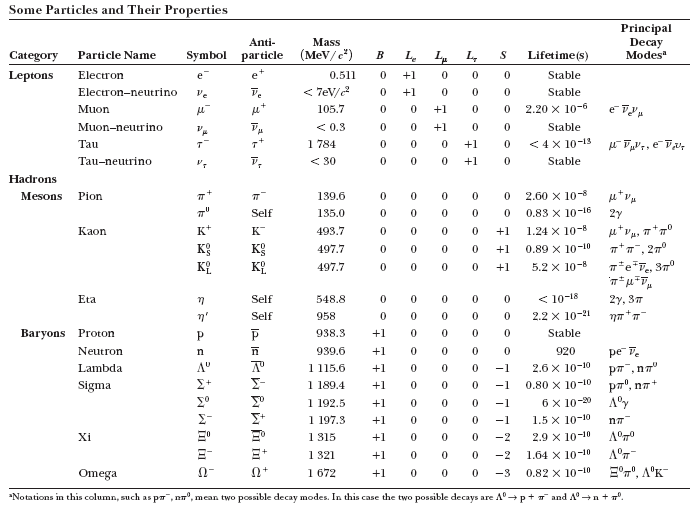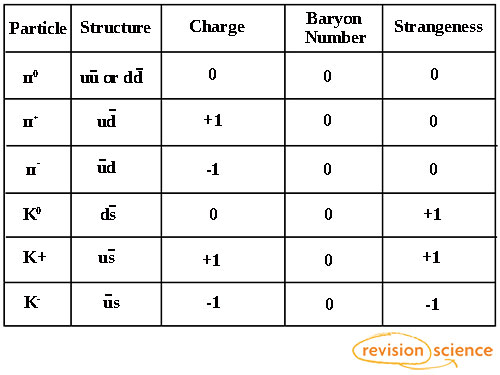
noun Physics.
- a quantum number assigned to elementary particles, baryons having baryon number 1, antibaryons −1, and all other observable particles 0; quarks have baryon number 1/3 and antiquarks −1/3.
- A quantum number equal to the number of baryons in a system of subatomic particles minus the number of antibaryons. Baryons have a baryon number of +1, while antibaryons have a baryon number of -1. Quarks and antiquarks have baryon numbers of +13 and -13, respectively (baryons consists of three quarks). Mesons, bosons, and leptons all have baryon numbers of 0. Although the baryon number has always remained unchanged in reactions observed in experiments, it is postulated that in interactions that take place under conditions of very high energies (as during the formation of the universe, for example), proton decay may take place, and baryon number conservation may be violated. See also isospin strangeness.
 Liberal Dictionary English Dictionary
Liberal Dictionary English Dictionary


